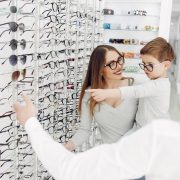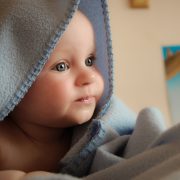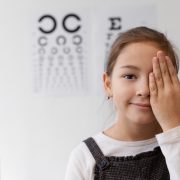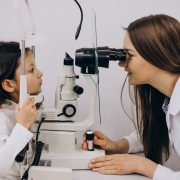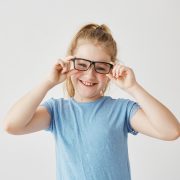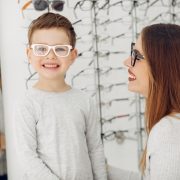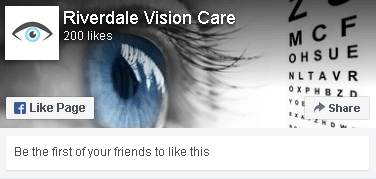9 Signs of Vision Trouble in Your Youngster
Detecting vision problems in children of a young age isn’t easy. But vigilant parents are often the first ones to notice that something is awry. Your eye doctor at Riverdale Vision Center wants you to know that there are specific signs that you can be on the lookout for. If you do notice anything, you should bring your child in for a pediatric eye exam in Riverdale, NJ, even if your child isn’t due for an eye exam. Like other conditions, early detection is key, and today, there are treatments that can prevent vision problems from worsening as your child gets older.
9 Signs of Vision Trouble in Your Youngster
- Avoiding Playing With Peers
Your child might be having trouble keeping up with play, if they can’t see well.
- Frequent Headaches
Chronic headaches can signify eye strain.
- Squinting
This can indicate nearsightedness.
- Poor Academic Performance
If your child’s grades drop, or if they aren’t doing well in school despite demonstrating proficiency at home, they may not be able to see what’s being taught in the classroom.
- Mood Disorders
Not seeing well often makes a child frustrated and confused, which can bring out negative emotions.
- Rubbing the Eyes
The child with poor vision may rub their eyes in an attempt to see better.
- Staring into the Distance
If your child often “drifts off” and stares into the distance, it may be because they aren’t feeling part of what’s going on in the room due to poor eyesight.
- Clumsiness
Bad eyesight can cause a child to drop things, stumble and bump into things.
- Not Wanting to go to School
If a child is frustrated by poor vision, they often try to avoid situations—like school—where they experience that frustration more strongly.
As a parent, you know that every child is different. Your child may exhibit only one of these symptoms. Early detection is crucial, since identifying the underlying cause will help to resolve issues that might otherwise be wrongly attributed to other reasons. Contact your Riverdale, NJ eye doctor today to learn more about pediatric eye care, so we can help to get your child’s vision corrected.

